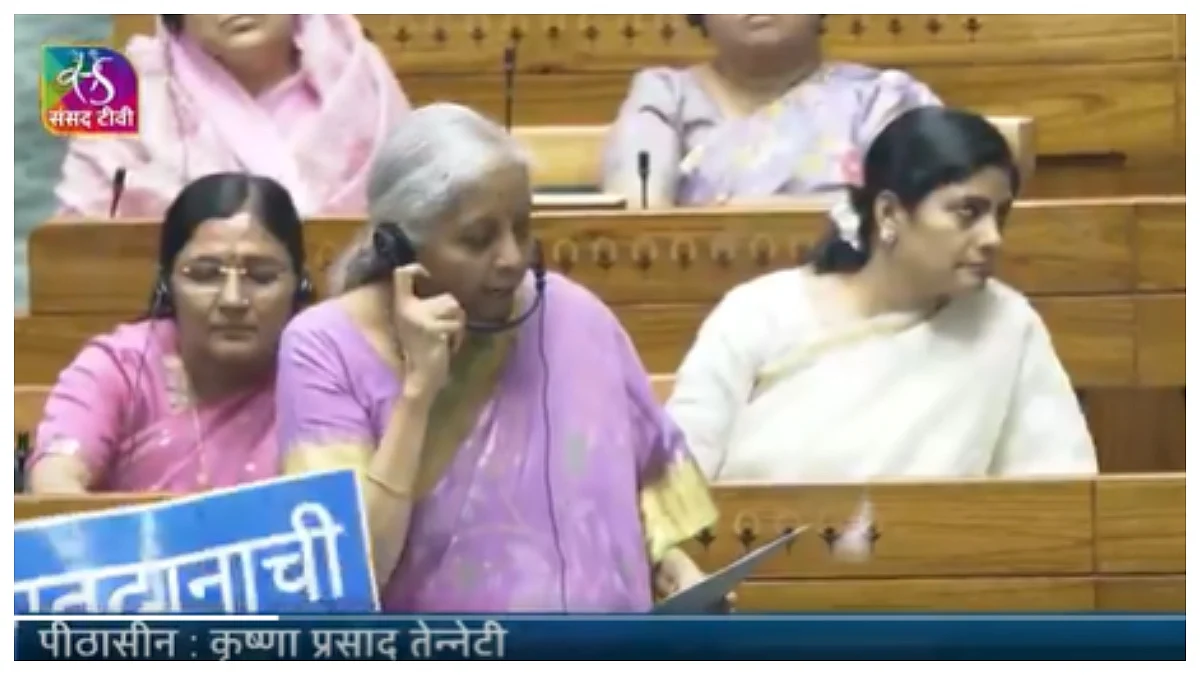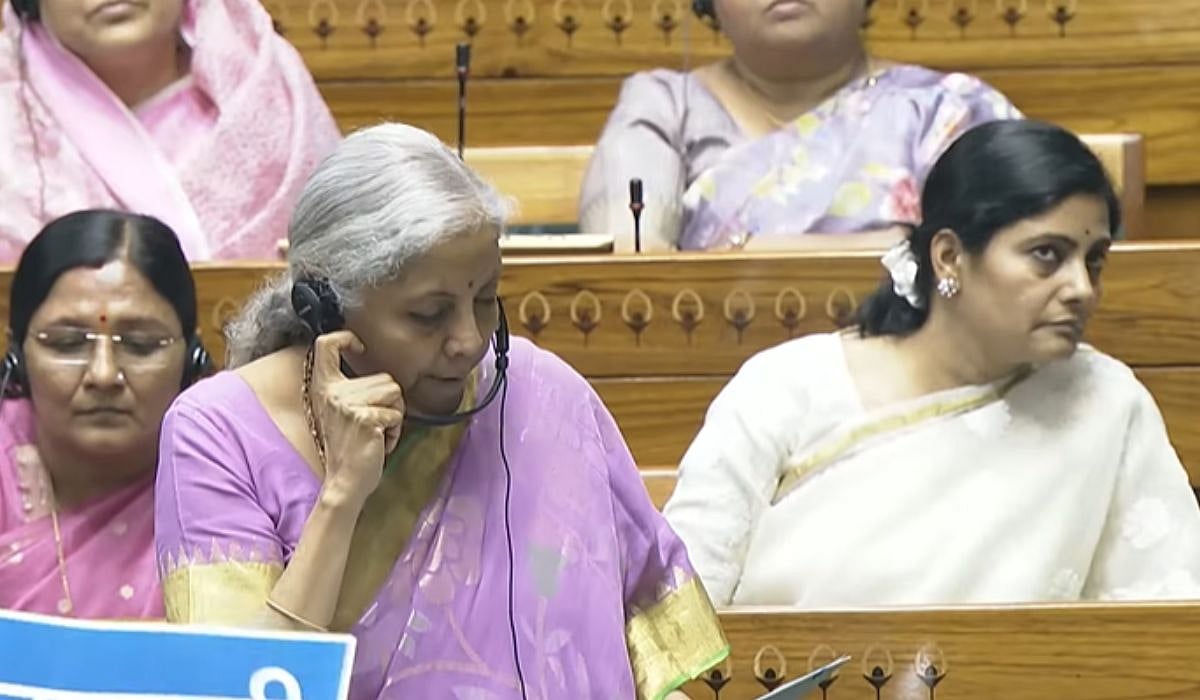New Delhi: The Income-Tax Bill, 2025, which was introduced in Lok Sabha on February 13 has been formally withdrawn.
A revised version, incorporating most recommendations of the Select Committee chaired by Baijayant Panda, will reportedly be introduced on Monday, August 11.
To avoid confusion with multiple versions of the Bill and to provide a clear and updated version with all changes incorporated, the new version of the Income Tax Bill will be introduced for the consideration of the House on Monday.
The committee has suggested, the 30% standard deduction, which is already allowed after municipal tax deductions, should be clearly mentioned in the new law to avoid any confusion.
The committee has also suggested that the benefit of home loan interest deductions, currently available for only self-occupied properties, should also be extended to rented properties.
Another suggestion by the committee is regarding the hassles and long delays faced by taxpayers in getting refunds for TDS (Tax Deducted at Source) or TCS (Tax Collected at Source). The committee has suggested for a seamless and more transparent refund process.
What Was The Income Tax Bill 2025 Aiming To Do?
The original Income-Tax Bill, 2025, was designed to replace the old Income-tax Act of 1961. Its main goal was to simplify India’s direct tax law, make it easier to understand, and cut down on legal complications. It kept tax rates and slabs unchanged, focusing more on making the law more readable and reducing unnecessary litigation.
What’s New in the Revised Version?
The new version keeps the focus on simplification but also includes some important changes based on the committee’s suggestions:
Taxpayer-Friendly GAAR Rules
The General Anti-Avoidance Rules (GAAR) are meant to stop complex tax avoidance tricks. The committee suggested these should consider the context of each case. This will help balance strict rules with fairness to honest taxpayers.

Digital Search Powers Clarified
One controversial part of the old draft was a provision allowing tax officers to access digital devices—even if it meant bypassing passwords—in certain cases involving hidden foreign income. Many people raised concerns about privacy and overreach.








